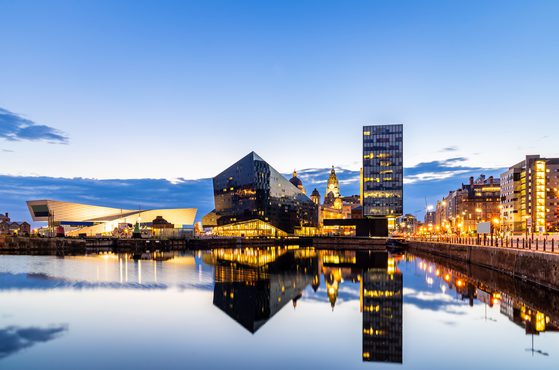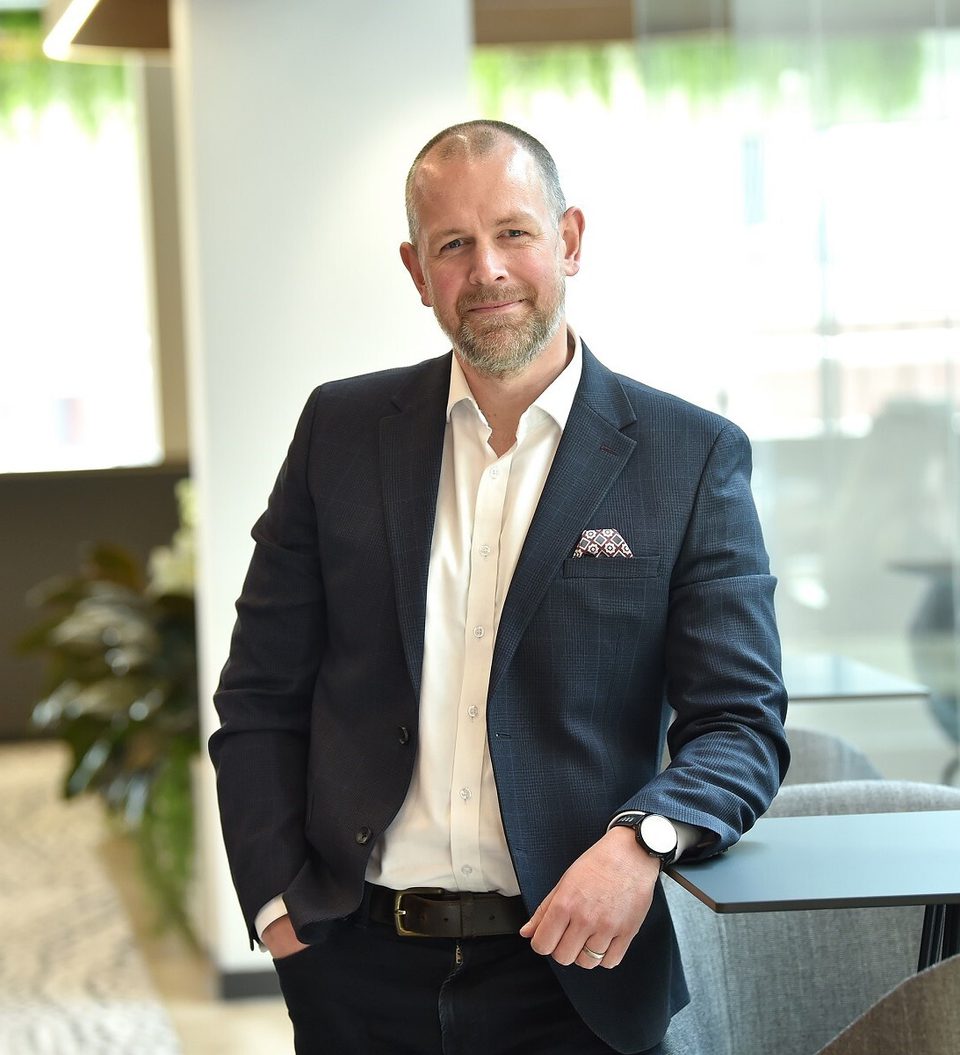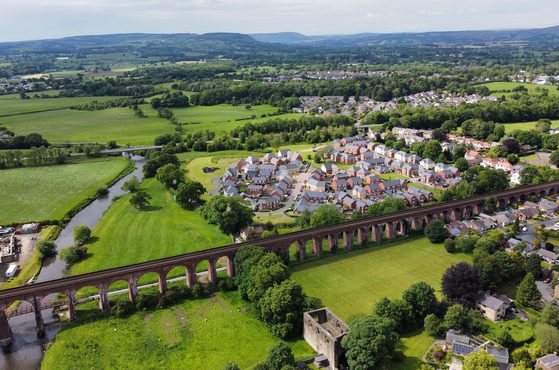Regeneration means creating the conditions for long-term growth — not just rebuilding. For towns like Oldham, that means clear legal and commercial structures that make development viable, fundable and deliverable.
Below, Roy Barry, Partner and Head of Development, shares how our work in Oldham and beyond is helping to turn complex regeneration challenges into thriving, long-term partnerships — and why getting the legal structure right from the outset is key to meaningful, lasting impact.
A town shaped by industry
Like many northern towns, Oldham transformed from a small town into a major industrial centre during the Industrial Revolution. Its evolution driven by the cotton industry and the powerful mills and machinery that came to define the Victorian era.
During this period, Oldham rose to become the ‘cotton spinning capital of the world’. By the second half of the 19th century, over 30% of the town's population was employed in the textile sector. By the second half of the 20th century, Oldham’s economy had entered a depression. And in 1998, in spite of efforts to increase the efficiency of its production, the last cotton in the town was spun. This marked the end of a significant era for Oldham.
As industries have changed, the potential of these once world-leading places is often overlooked. If we are truly serious about ‘renewing Britain’, as the Chancellor has called for, we must realise the promise of these towns. Not by renewing their positions within the economies of the past but by helping them to thrive as modern-day economic powerhouses. Home to the country’s most innovative businesses in today’s high-growth sectors, such as advanced manufacturing, life sciences and the creative industries.
Getting regeneration right
Regeneration is more than cranes and contracts. It is real, generational change – the often hard, knotty yet practical process of making places work and making lives better along the way. In Greater Manchester, in towns like Oldham and Wythenshawe, it means tackling decades of underinvestment while creating the right commercial and legal structures to make projects viable.
Viability is one of the defining issues in regeneration today. Costs are rising. Funding is harder to secure. Developers are under pressure, councils are cautious and funders want certainty. There’s no magic fix — but the right legal structures can be the difference between a stalled project and spades in the ground.
For developers, it is about preserving returns while navigating rising build costs. For councils, it is about securing community benefits and attracting the right kind of investment without killing schemes with red tape before they even have a chance to get off the ground. For prospective patient funders, it is about seeing a clear path to value over the long term – not just in quarterly cycles.
The legal edge
When developers and councils are facing difficult funding conditions, it is necessary to have legal frameworks that are not only robust, effective and credible to the market — but also unlock delivery. That means translating initial plans into deal structures that funders can understand and embrace — and which get development moving. We build trusted relationships with council teams and partners, understanding what really matters locally to anticipate issues, problems and potential blockers before they arise.
Take Oldham Town Centre. Working alongside the council and their commercial advisory team at CBRE, we advised on the procurement process that led to Muse Places being appointed as its private sector partner in just seven months. That pace is almost unheard of for a procurement and regeneration project of this scale and complexity. The development is set to deliver 2,000 new homes, millions in investment and a refreshed town centre.
Why did it work? Because we lived and breathed a shared purpose with the client and advisory team. We designed the process to balance legal rigour with commercial realism. We also understood the challenges. We spent time on site getting to know the location. We talked to people in the local community and got a sense of what mattered to all stakeholders. That kind of connection fuels purpose and gets results.
Partnerships in action
We also worked with Muse Places on their successful bid to be appointed as the private sector partner for Wythenshawe. That project required a novel legal structure, with Muse having to acquire a stake in the town’s ageing shopping centre as part of the deal — highly unusual for this kind of scheme.
That required more than a standard process. We built a bespoke team with sector-specific knowledge and worked in close coordination with Muse, the council and a range of asset managers and consultants. We helped maintain pace, bridge gaps between public and private stakeholders and ensure the legal structure remained robust yet flexible enough to accommodate change.
Legacy and purpose
Ultimately, regeneration is about restoring pride, creating opportunity and shaping places where people want to stay for the long-term. That is a legacy that I care deeply about. As the UK Industrial Strategy points out: “City regions like Greater Manchester are not generating the growth and local prosperity that urban agglomerations of their size should.” It is through the development of existing industrial areas that we can advance the Government’s broader goal of balanced economic growth.
Many of these town centres have the infrastructure, history and community connections that make regeneration not just viable but necessary and meaningful. When we get it right, we leave behind places that are healthier, more connected and genuinely better for future generations. That is truly where the magic happens.
Talk to us
Our development team brings deep legal, commercial and place-based expertise to complex regeneration schemes — from early-stage planning through to procurement, funding and delivery.
Give us a call on 0333 004 4488, email us at hello@brabners.com or complete our contact form below.




